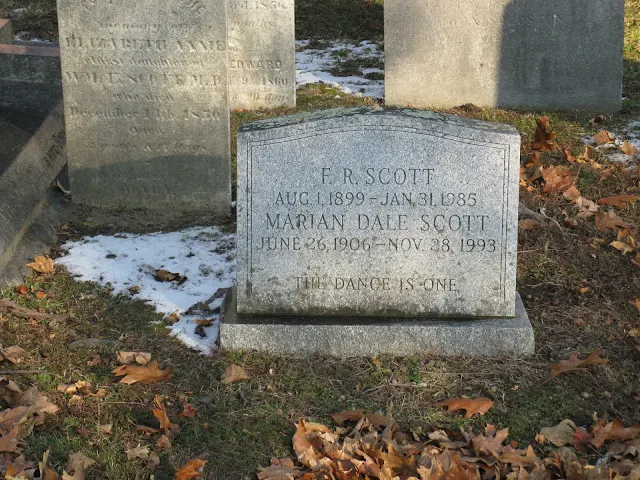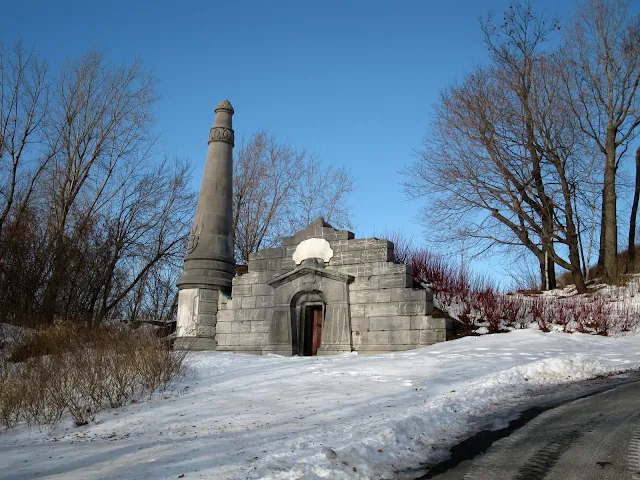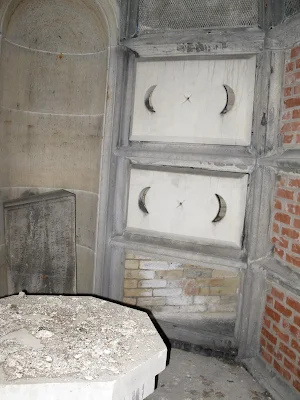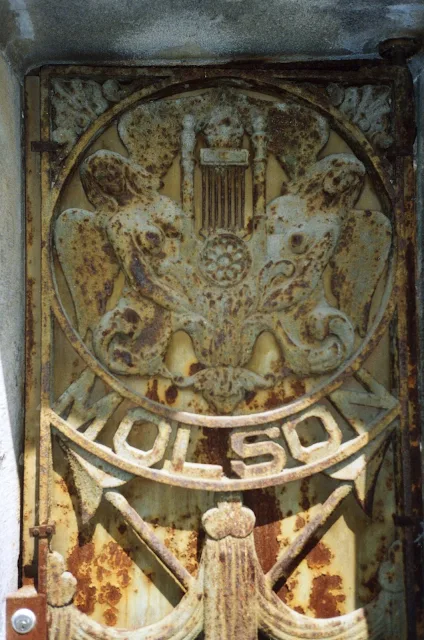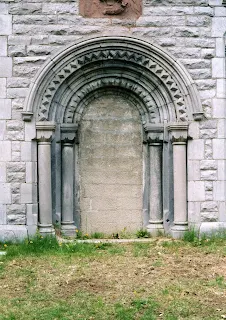F.R. Scott was born in Quebec City on August 1st in 1899 but lived most of his life in Montreal. A member of the Montreal Group of poets, Scott, A.J.M. Smith, Leo Kennedy, A.M. Klein, Leon Edel, and John Glassco helped bring Modernism to Canada. Desmond Pacey's Ten Canadian Poets (1958) is still a good place for some insight into Scott's importance as a poet.
Here is one of Scott's most famous poems:
LAURENTIAN SHIELD
F. R. Scott
From: Events and Signals. Toronto: Ryerson Press, 1954.
Hidden in wonder and snow, or sudden with summer,
This land stares at the sun in a huge silence
Endlessly repeating something we cannot hear.
Inarticulate, arctic,
Not written on by history, empty as paper,
It leans away from the world with songs in its lakes
Older than love, and lost in the miles.
This waiting is wanting.
It will choose its language
When it has chosen its technic,
A tongue to shape the vowels of its productivity.
A language of flesh and of roses.
Now there are pre-words,
Cabin syllables,
Nouns of settlement
Slowly forming, with steel syntax,
The long sentence of its exploitation.
The first cry was the hunter, hungry for fur,
And the digger for gold, nomad, no-man, a particle;
Then the bold commands of monopolies, big with machines,
Carving their kingdoms out of the public wealth;
And now the drone of the plane, scouting the ice,
Fills all the emptiness with neighbourhood
And links our future over the vanished pole.
But a deeper note is sounding, heard in the mines,
The scattered camps and the mills, a language of life,
And what will be written in the full culture of occupation
Will come, presently, tomorrow,
From millions whose hands can turn this rock into children.
Retrieved, 14 August 2017: https://canpoetry.library.utoronto.ca/canpoetry/scott_fr/poem2.htm
"The Dance is One"




